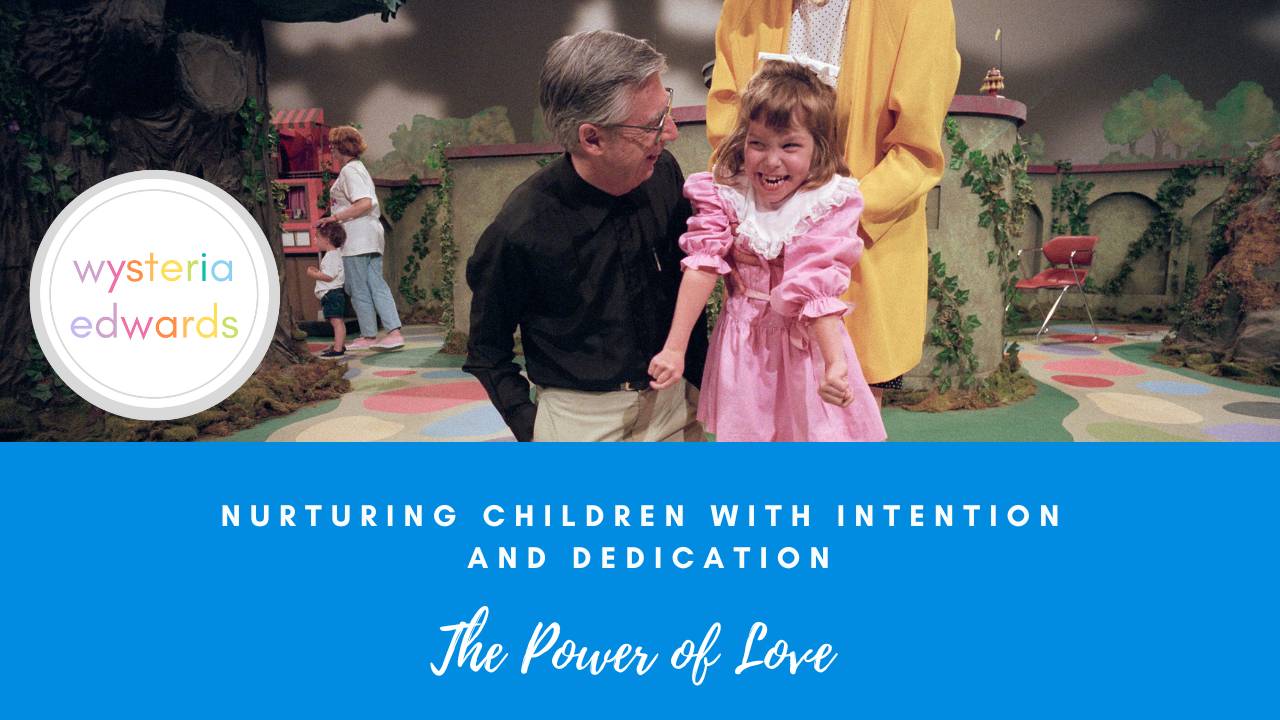Nurturing Children with Intention and Dedication: The Power of Love
Feb 10, 2023
We love our kids. It's not just a feeling but an action that requires intention and effort. Parenting is hard work, and it's easy to be so wrapped up in the hustle and bustle of life that we often forget to love our children with intention. But loving your little ones intentionally can have lasting positive impacts on their development and self-esteem.
By taking the time to love our kids intentionally, we can show them, love in a way that's both meaningful and powerful—and it doesn't have to take much extra effort! From expressing love through touch, spending quality time together, and showing appreciation for them in other ways, loving your children intentionally is worth the investment. Read on to discover how you can love your kids with intention!
For Parents:
Spend quality time with them: take time out of your day to engage in meaningful conversations, ask questions about their interests, and play together.
Express your love through touch: hug them often and give them affirmation, even after they've made mistakes or done something wrong.
Respect and support their individuality: remember they have their personality, dreams, and ambitions. Encourage them to explore new ideas and discover their passions without judgment or criticism.
Show genuine interest in their lives: listen when they want to talk about something, help them with difficult decisions even if it's not what you would do in the same situation, and make sure that it's ok for them to make mistakes along the way.
Make sure you give positive reinforcement: show appreciation for their efforts no matter how small the task may be; avoid punishing or pressuring children into behavior changes as this rarely achieves long-term results; instead, focus on praising children for good actions so they will repeat those behaviors in future situations too.
Build trust between you both: keep promises made to your child as this builds trust and teaches reliability; also, be honest with your child to build respect between you both - tell it like it is rather than using sugar-coated language, so they understand the truth of a situation more clearly.
Explain all household rules clearly & consistently: layout boundaries but explain why they are in place too - people learn better when there is an understanding of why something needs to happen rather than just being given orders; consistent discipline will also help build trust that you mean what you say and are serious about enforcing these rules at all times.
Provide opportunities for learning & encourage education: reading stories together is a great way to stimulate conversation as well as teach kids new words; use fun activities like puzzles or art projects to find creative solutions; also set high standards for academic achievement but don't put too much pressure on them - remind them that learning should be enjoyable too!
Model healthy habits & teach values: demonstrate kindness towards others through your behavior by treating people with respect; reinforce essential matters such as honesty, loyalty, integrity, and resilience by showing examples of these qualities throughout everyday life situations; provide positive role models that your child can look up to outside of the home environment (e.g., teachers, coaches, etc.).
For Teachers:
Take into account individual learning styles and provide different teaching methods for students. For example, if a student is more of an auditory learner, use audio recordings to supplement lessons.
Make sure you are available and approachable both inside and outside the classroom. Provide students with extra help when needed, whether it's regarding homework or other issues they may have.
Be consistent in enforcing rules, but be flexible enough to allow students to express themselves creatively within the parameters of those rules. This will enable them to feel more comfortable in your classroom environment.
Encourage students to challenge their thinking and ask questions without fear of judgment or ridicule. Create a safe space where mistakes can be made.
Love is the foundation of any healthy relationship, especially between parents and children. By taking a few extra moments each day to love our kids intentionally with these tips, we’re able to create an environment where they can feel secure, confident, and loved. We owe it to ourselves as well as our children to take the time now so that their future selves will benefit from this love for many years down the road. So go ahead - give your little ones lots of hugs today! It's always worth it in the end.

